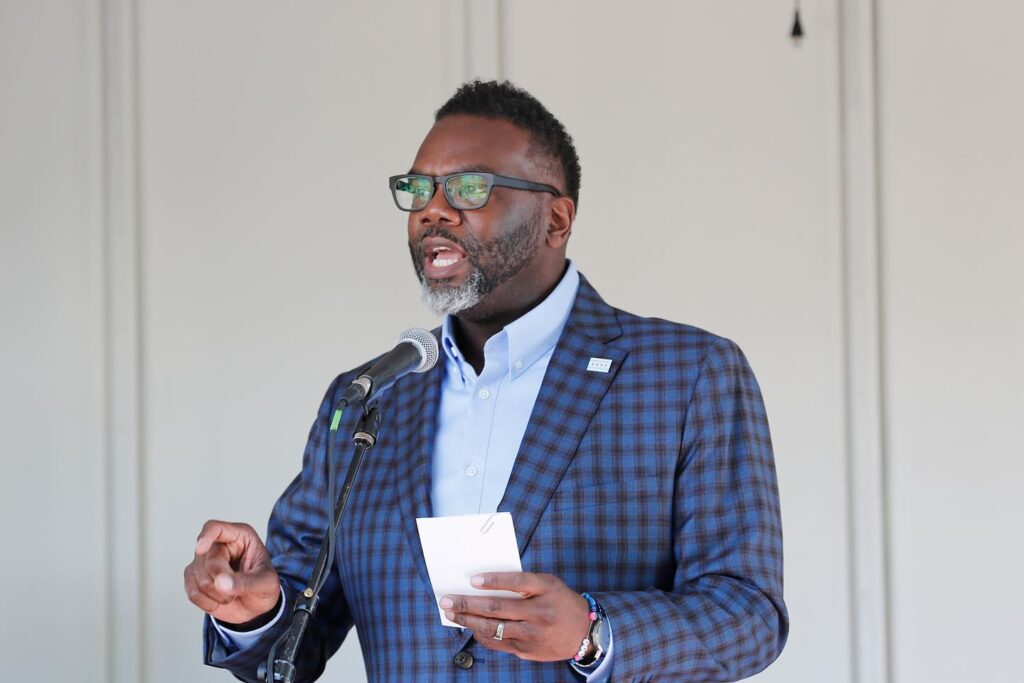Op-ed: Chicago Mayor Johnson personifies the main problem of public education
Chicago Mayor Brandon Johnson just demonstrated the primary problem with public education in 10 words.
In an interview with The Economic Club of Chicago, Johnson was asked, “What grade would…

Chicago Mayor Brandon Johnson just demonstrated the primary problem with public education in 10 words.
In an interview with The Economic Club of Chicago, Johnson was asked, “What grade would you give the current [education] system and why?”
His answer was baffling.
“I personally don’t give a lot of attention to grades,” he replied. “My responsibility is not simply to just grade the system, but to fund the system.
“That’s how I’m ultimately going to grade whether or not our public school system is working – based upon the investments that we make for the people who rely upon it.”
In other words, academic achievement, graduation rates, postsecondary enrollment and countless other outcomes don’t matter to Johnson.
What matters is that the system continues to exist – and cost billions of tax dollars every year – even if it’s not serving the people for whom it claims to exist.
Constitutionally, Illinois leaders are obligated to do much more than that.
According to Article X of the state constitution, Illinois is required to “provide for an efficient system of high quality public educational institutions and services.”
Granted, “efficient” and “high quality” are vague standards, but they at least imply leaders need to do more than just pay teachers and keep the lights on.
And looking at the grades that Johnson ignores, it’s hard to argue Chicago public schools are high quality.
The Illinois Report Card revealed only 26% of Chicago students are proficient readers, and less than 18% do math at grade level.
And just 1 in 5 11th graders pass muster in reading and math on the SAT.
Despite spending nearly $7 billion – or $18,000 per student – post-secondary enrollment is declining, and chronic absenteeism nearly doubled between 2018 and 2023 (from 23% to 40%).
Nevertheless, teachers’ unions, Democrat politicians and countless members of the education system relentlessly push the idea that when public schools fail, it means they need more money.
More of taxpayers’ money, to be specific.
The philosophy is akin to judging the quality of a restaurant solely on how expensive it is, not whether the food tasted good, was served quickly, or even reflected what was ordered.
In reality, the moving goal post of “fully funded education” simply sidesteps accountability and reform and traps children in a failing system.
While unions and politicians continue to benefit from the failing system, Johnson conveniently ignores that it’s failing at all.



